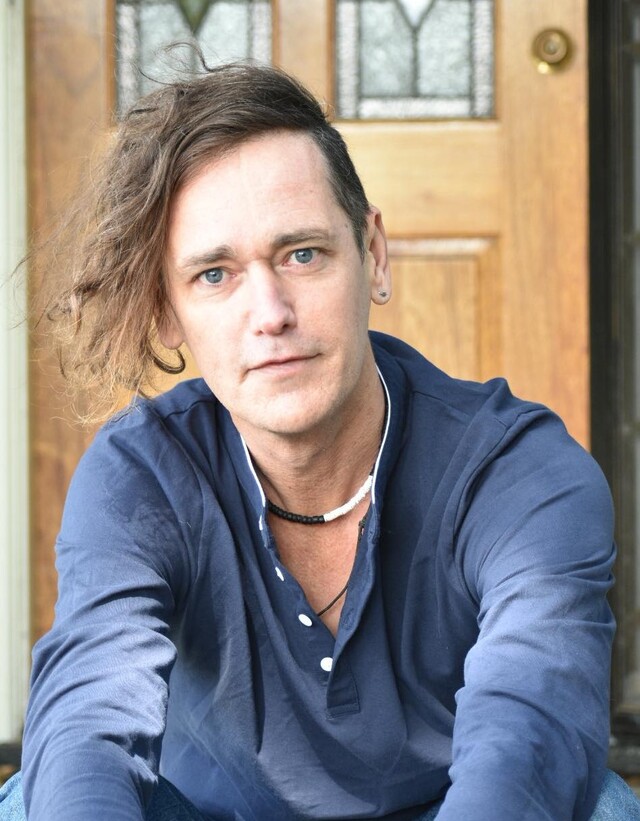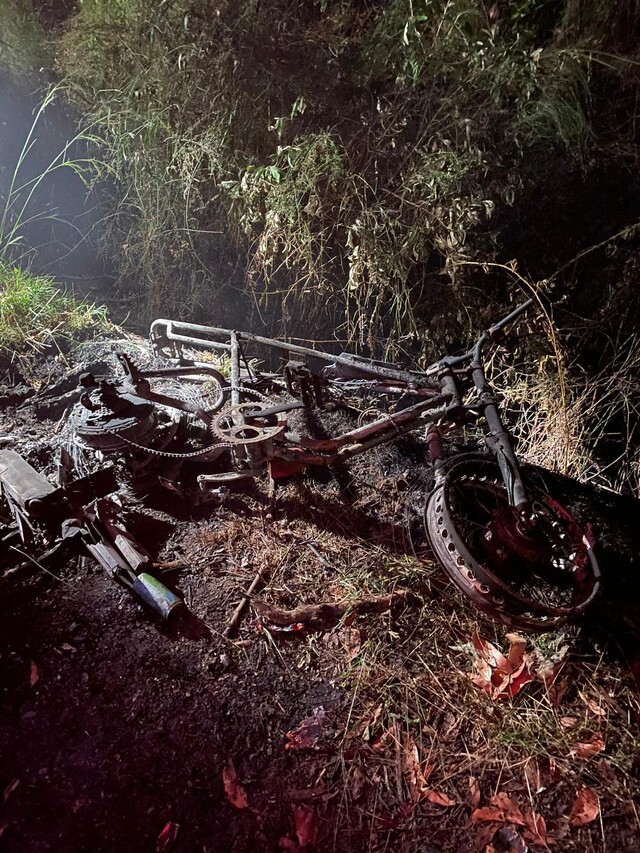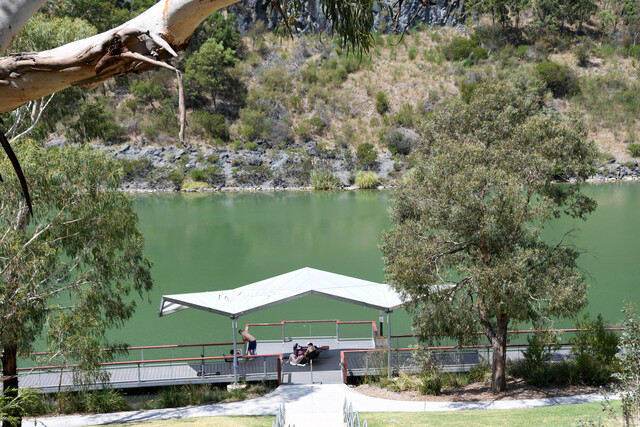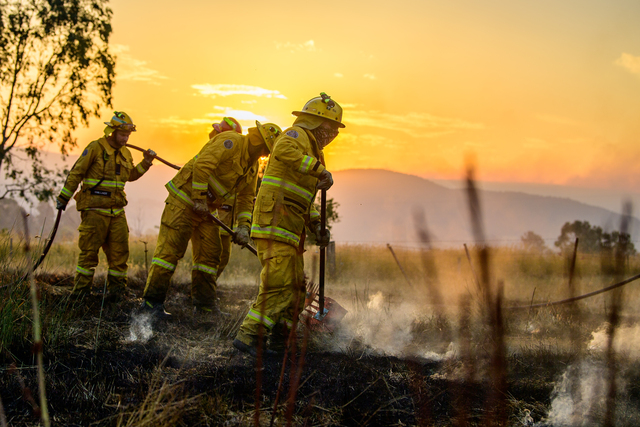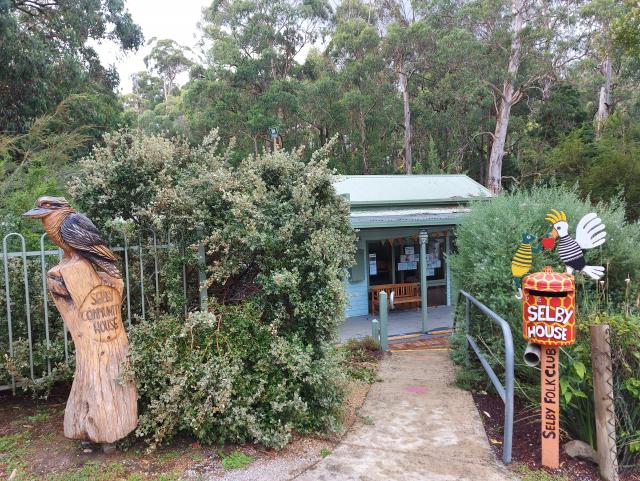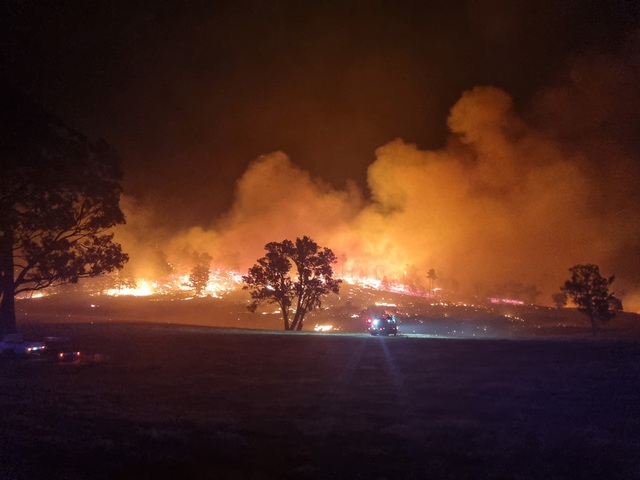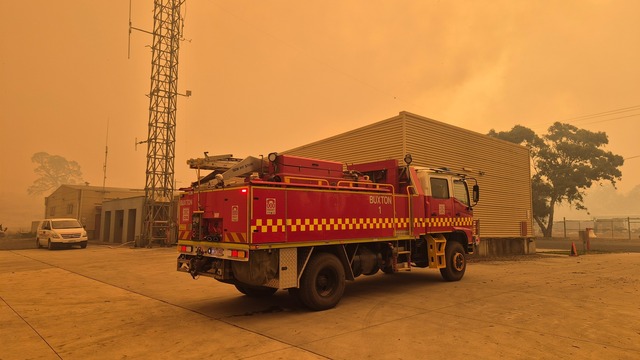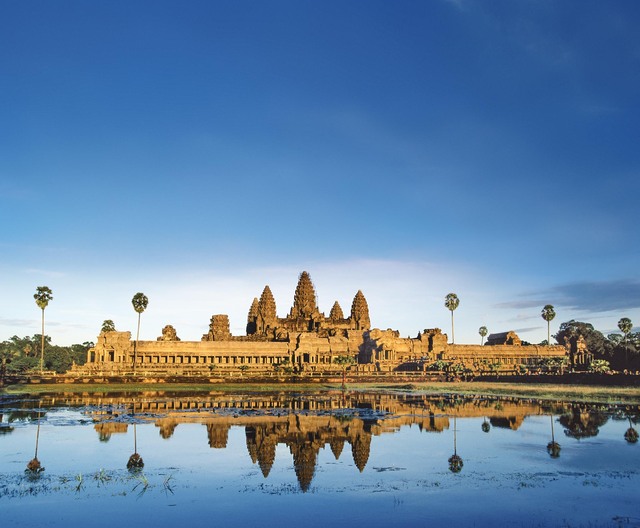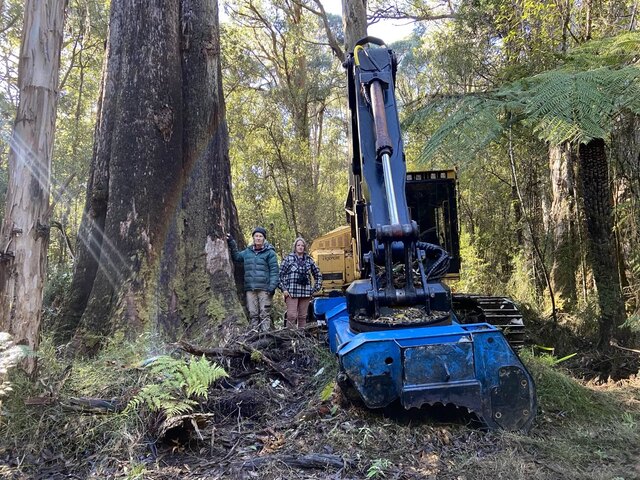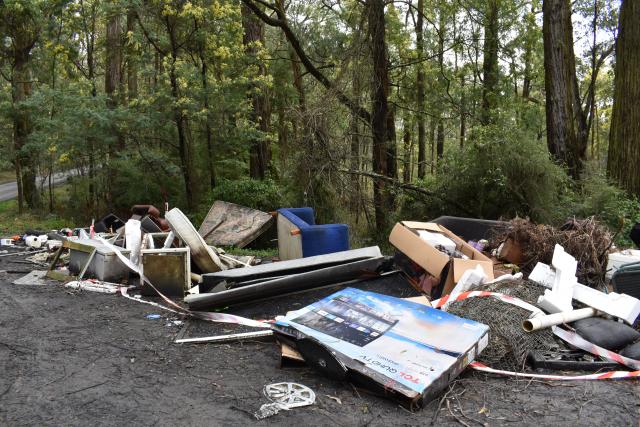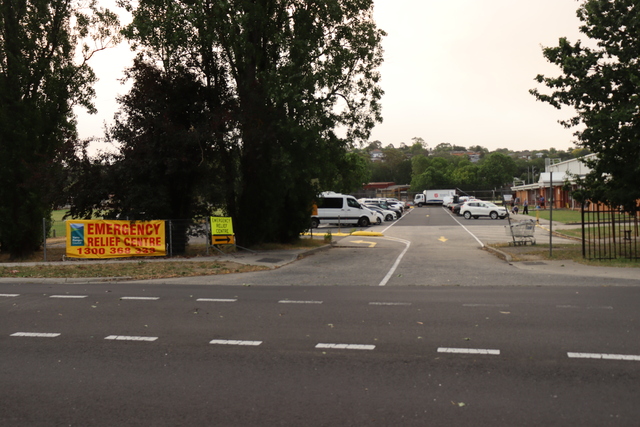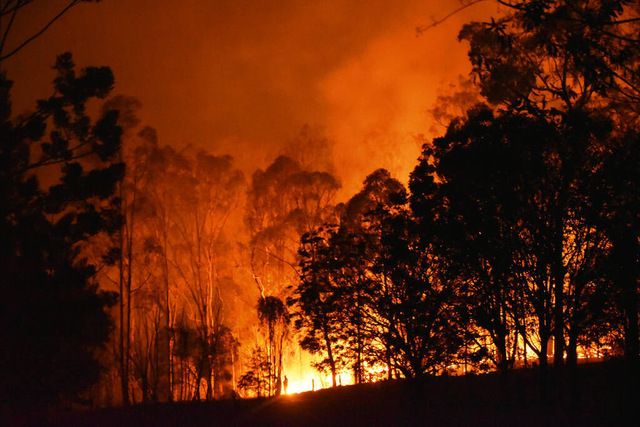‘Now is the winter of our discontent’ is the famous opening line of Shakespeare’s play Richard III. It has come to mean a period of unhappiness or difficulty that is hopefully coming to an end, suggesting that better times are ahead.
The phrase is often used metaphorically to describe a challenging or troubled period that is expected to improve or transition into something more positive.
Not surprisingly many people coping with a bitter Melbourne winter may similarly feel dissatisfaction, unhappiness and stress over personal problems and harbour negative feelings towards the world at large.
And who can blame them when every day the media is full of stories of mortgage stress, high cost of food and energy and an uncertain future for the young. Add to this the brutally cold days as winter digs in and the means of keeping warm becomes an expensive luxury.
All this is played out against the constantly confronting images of what has been described by Jim Chalmers in an address to the Lowey Institute as ‘the churn and change of the world’. Each day people are faced with war victims, environmental disasters and leadership failures. And if and when we turn to our leaders and politicians, more often than not, they are found wanting.
Perhaps it’s time to turn to our poets and listen to them.
Ballarat based poet Nathan Curnow in his poem, Epic, reminds us that sometimes we forget to celebrate the minutiae of everyday living: those small and seemingly insignificant events that nevertheless form the fabric of our existence.
The poem’s title Epic suggests a long poem, typically one derived from ancient oral tradition, narrating the deeds and adventures of heroic or legendary figures.
At the same time the term Epic is also a slang word that is commonly used to describe something that is extraordinary or awe inspiring. This poem falls into the latter category as it draws our attention to the possibilities of life in a peaceful society where each is valued for what they contribute.
The poem opens with ‘There came upon the land a time of great rest’ sounding almost biblical in its cadence but also with a Once Upon a Time feel to it:
‘There came upon the land a time of great rest.
The prince finally accepted his arranged marriage
And the dragon flew back to the mountain’
In European mythology dragons were seen as malevolent creatures representing chaos, destruction and evil; Interestingly in Chinese and Japanese culture dragons are considered powerful and benevolent creatures often associated with imperial authority but also with good fortune and prosperity.
In this poem the dragon has been subdued and confined to sleeping in a cave, so there is no wreaking havoc and chaos. One cannot but think of the need to accept a ceasefire in the Gaza War and negotiate for peace in the Ukraine.
Here there is peace and the people are happy getting on with life whoever they are, irrespective of wealth or ability. ITALICS Some were rich, some were good at mending. ITALICS Seemingly this is a society where all are valued, not just the wealthy. Is this a subtle reflection on the neglect of the arts in our culture?
The people moreover are not afraid of strangers:
‘If a stranger came knocking late one night
They were welcomed’
And rather than marginalize those that are different they are welcomed, not locked up. A sad reminder of the many who have suffered and died under some of our draconian immigration laws.
But in this peaceful land there must still be vigilance and care to not let loose those traits of aggression that are dormant in all our psyches and can be so easily unleashed by fear and distrust, whether real or manipulated.
Aggression has not totally disappeared, the dragon though sleeping and confined to his cave still lusts for the calving season.
‘The dragon remained sleeping inside its cave,
the smell of calving season in its nostrils.’
But peace can be lasting only if we value it. We don’t have to fight wars that not only make no sense to us but in fact can be contrary to our long term interests and wellbeing.
Every day we can enjoy those life moments of human and animal interaction. If you have never owned a pig you may not appreciate what intelligent creatures they are. It’s no wonder Orwell chose them as the key players in Animal Farm. The family’s pet pig in the poem is brought inside and treated like part of the family. Though they obviously know how delicious pork is.
‘But there’s glory in joy, simple ongoing joy’
The media still adheres to the If it bleeds, it leads adage. All too often stories of human kindness, creativity, love, loyalty and kindness to one another are simply ignored because they lack the momentary sensationalism we have been trained to expect. But it is so important to tell well rounded stories of communities that are not typically highlighted on our TV screens and phones. And indeed to counteract those stories that so often are mischievously promoted for short term political ends.
This poem reminds us that we must keep telling the many positive, peaceful stories, even the boring ones, and with the telling they will bring our community together stronger, less afraid and more joyous. It encapsulates the idea that even in difficult times, if we pay attention to those traits that define us as human like love, loyalty, kindness, acceptance of differences in others and joy in those small but nevertheless meaningful routines in our lives, then there is hope for change and better circumstances for us all in the future.
And for those finding winter difficult take comfort in the final verse of The Rose sung by Bette Midler.
‘Just remember in the winter
Far beneath the bitter snows
Lies the seed that with the sun’s love
In the spring becomes the rose’
Epic
There came upon the land a time of great rest.
It’s not the usual beginning but hear me out.
The prince finally accepted his arranged marriage
and the dragon flew back to the mountain.
People were happy going about their lives.
Some were rich, some were good at mending.
If a stranger came knocking late one night
they were welcomed. That’s all that happened.
It’s called peace, but little is written about it.
The prince slowly fell in love with his wife.
The dragon remained sleeping inside its cave,
the smell of calving season in its nostrils.
It went on and on, nobody lost their lives
fighting battles that didn’t make sense.
Instead there was a family with a pet pig.
They brought it inside and sang it songs.
It sat by the fire listening every night
with a dumb, bacon grin on its face,
one that suggested it liked harmonies,
so they kept it, though it looked delicious.
It’s an epic tale full of loyalty and love
that’s ignored because it lacks events.
But there’s glory in joy, simple ongoing joy,
as in Heaven which is mostly eventless.
And if conflict stems from a fear of death
boring tales might somehow release us,
peaceful stories beginning here on earth
that with the telling will come to pass.
The Woorilla International Poetry Prize is now open for entries
Please visit www.woorilla.org
Ballarat poet Nathan Curnow’s latest collection of poetry ‘A Hill to Die On’ published by Liquid Amber Press will launch Sunday 11 August.

